There are two main kinds of load cells namely, capacitive load cells and resistive load cells. The micro load cell falls under the category of the resistive load cells which work with the principle of zero piezo-resistivity, meaning that when a load/force/stress is applied to the sensor, the resistance is changed. Because the resistance is changed, the output voltage is also changed. Read More…
Our load cells are manufactured with the highest attention to detail at all stages. Whether it is through the design stage, engineering stage, or through hundreds of tests run daily, we ensure that our products outshine all competitor products.
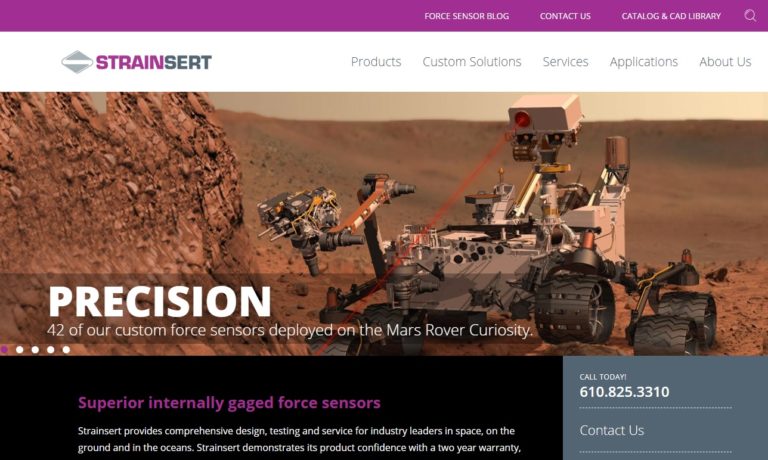
Founded in 1985, Load Cell Central has firmly established its reputation as a leader in load cell manufacturing, custom weighing system integration, and first-class load cell repairs. Load Cell Central offers a wide variety of popular load cell and component configurations for virtually every new or old weighing system, scale or component replacement possibility. Technical and after-sale support, ...

At TyTek Industries we manufacture load cells to suit all capabilities. Our expertise has provided insight and load cell solutions for a range of customers and industries. Our engineering team’s philosophy ensures we do everything humanly and technologically possible to match your requirements with quality, cost and delivery. We’re here to help you carry the load.
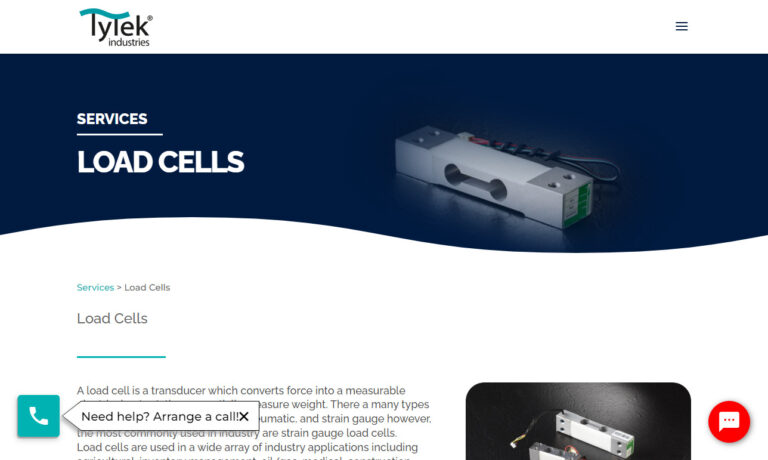
Anyload has been in business for over 20 years. Anyload is experienced in the design and production of high quality standard load cells, specialty load cells, weigh modules, indicators, scales for commercial and industrial applications, and wide varieties of weighing components.
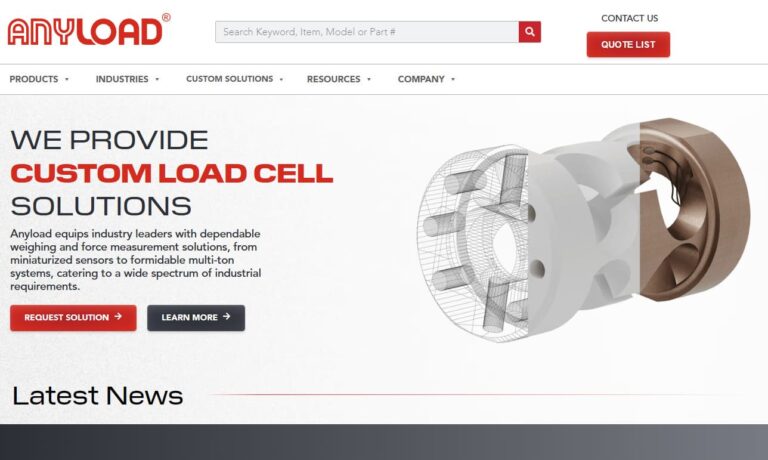
At Coti Global Sensors, we are dedicated to providing top-of-the-line load cell solutions and comprehensive services tailored to meet the diverse needs of our clientele. With years of experience and expertise in the industry, we have established ourselves as a trusted authority in load cell manufacturing, renowned for our commitment to quality, reliability, and customer satisfaction.
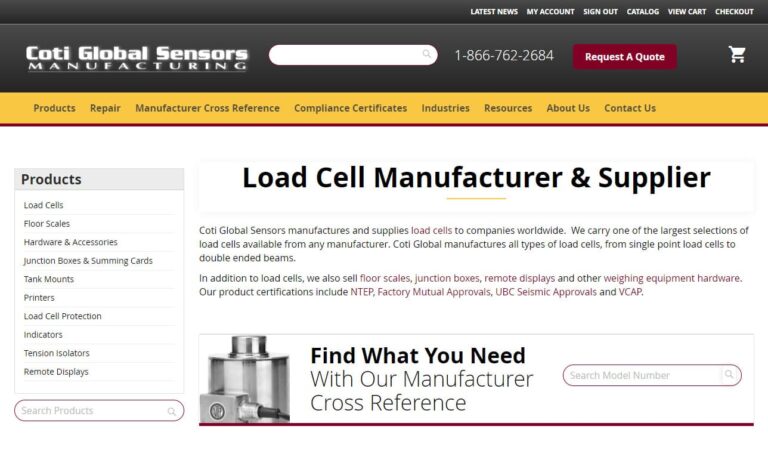
More Micro Load Cell Manufacturers
Micro load cells are mainly used for compression force measurement and are suitable for cramped locations which require high precision and high endurance. These micro load cells are very accurate and have high responses and high output signal levels.
They are mainly designed for use in small applications as the name implies and are based on piezo resistive metal foil or thin film strain gauges.
Depending on the manufacturer, these micro load cells have weight capacities that range from 10 grams to 2000 pounds. The height of micro load cells is usually less than 10 mm and low studs which go as low as 3.3 mm. Also depending on the manufacturer, there are options for micro load cell designs that support subsea application needs.
One thing buyers should be aware of is that micro load cells and other load cells, in general, are only designed to measure force in one direction or are designed to measure at a certain point, and they generally ignore all other forms of force or pressure being applied.
Micro load cells are usually designed and manufactured using thin film strain gauge processes for greater stability and accuracy.
Applications for load cells include weighing scales, non-invasive medical sensors, aerospace or industrial measurements, and in some cases, pharmaceutical testing. Micro load cells offer certain benefits like having a low profile, single point platform, cost-effectiveness, long-term stability and low hysteresis.
Depending on the applications, most manufacturers are willing and able to make custom micro load cells for their customers.



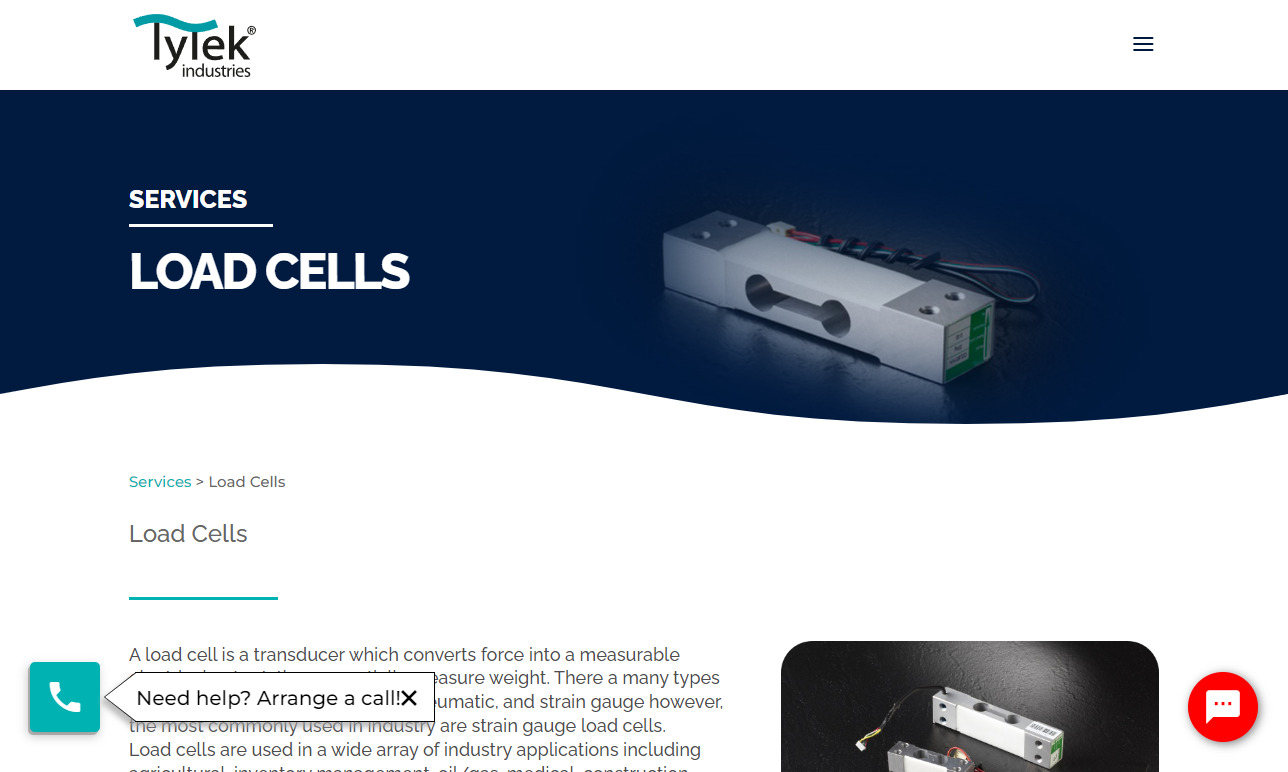
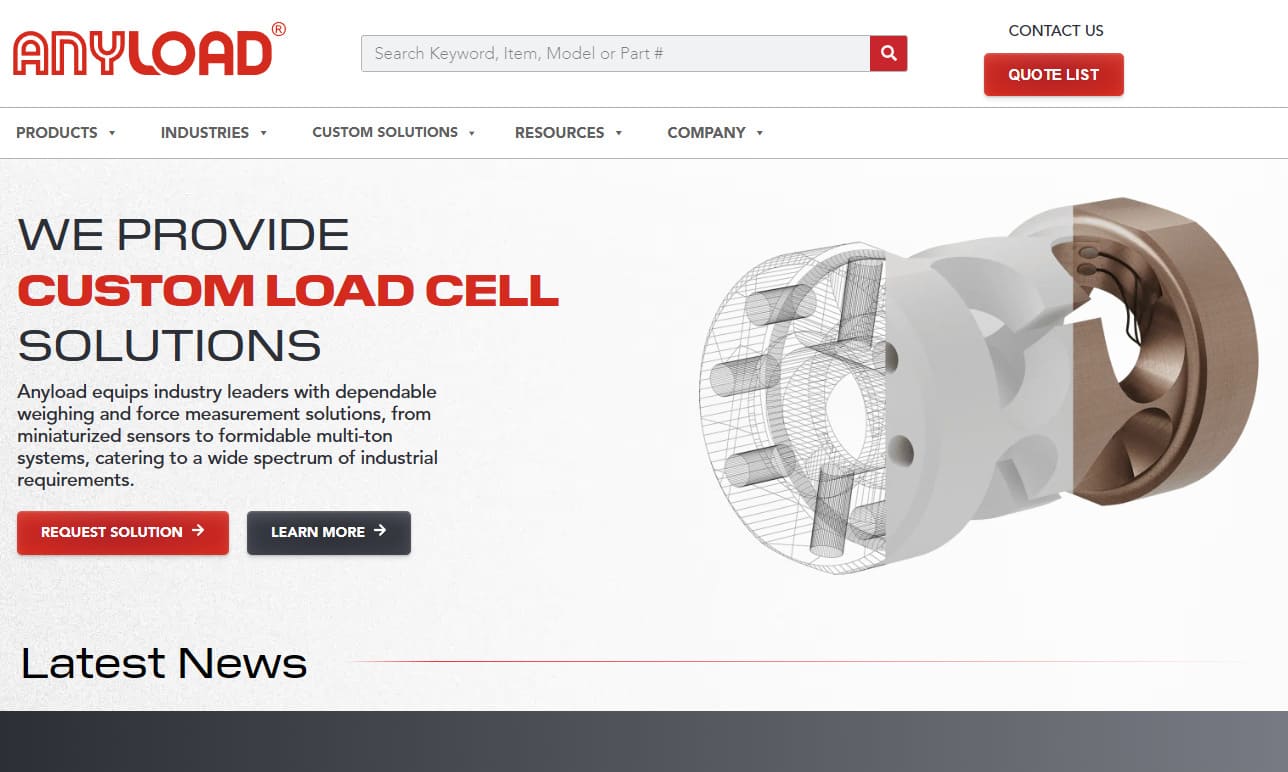
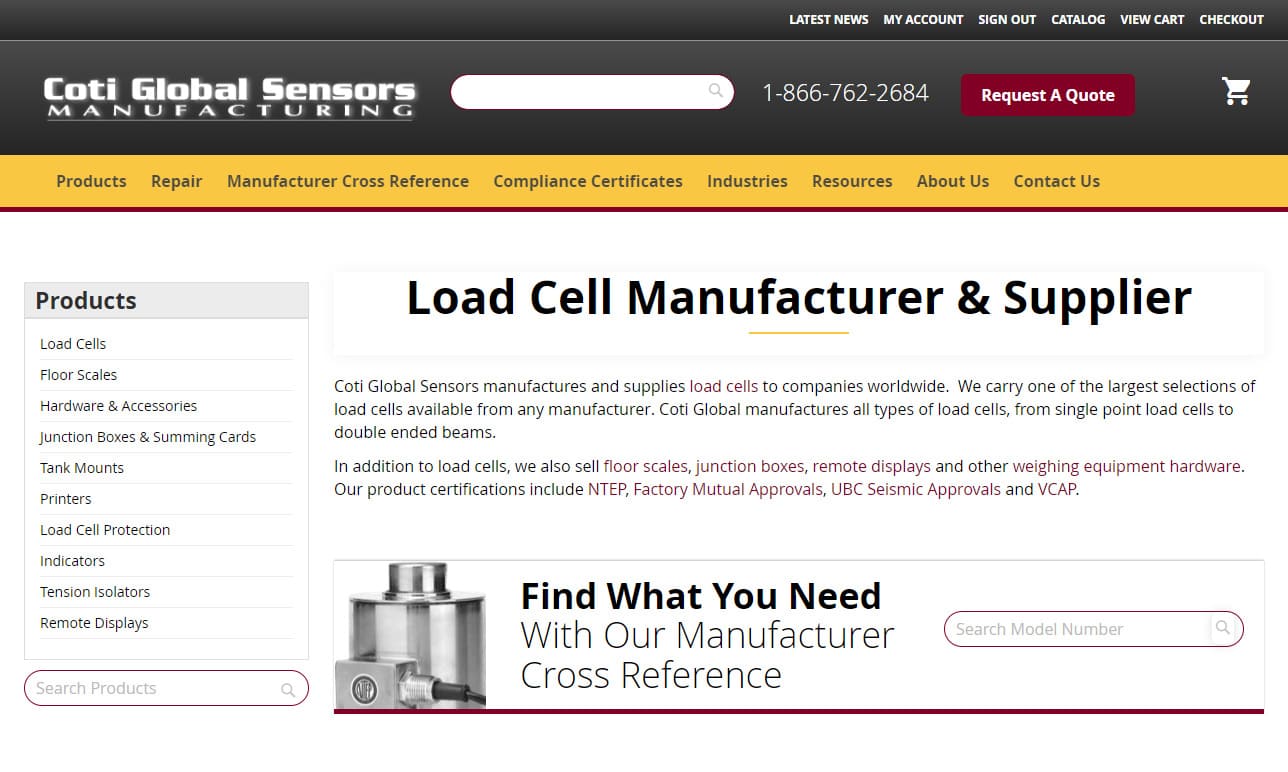
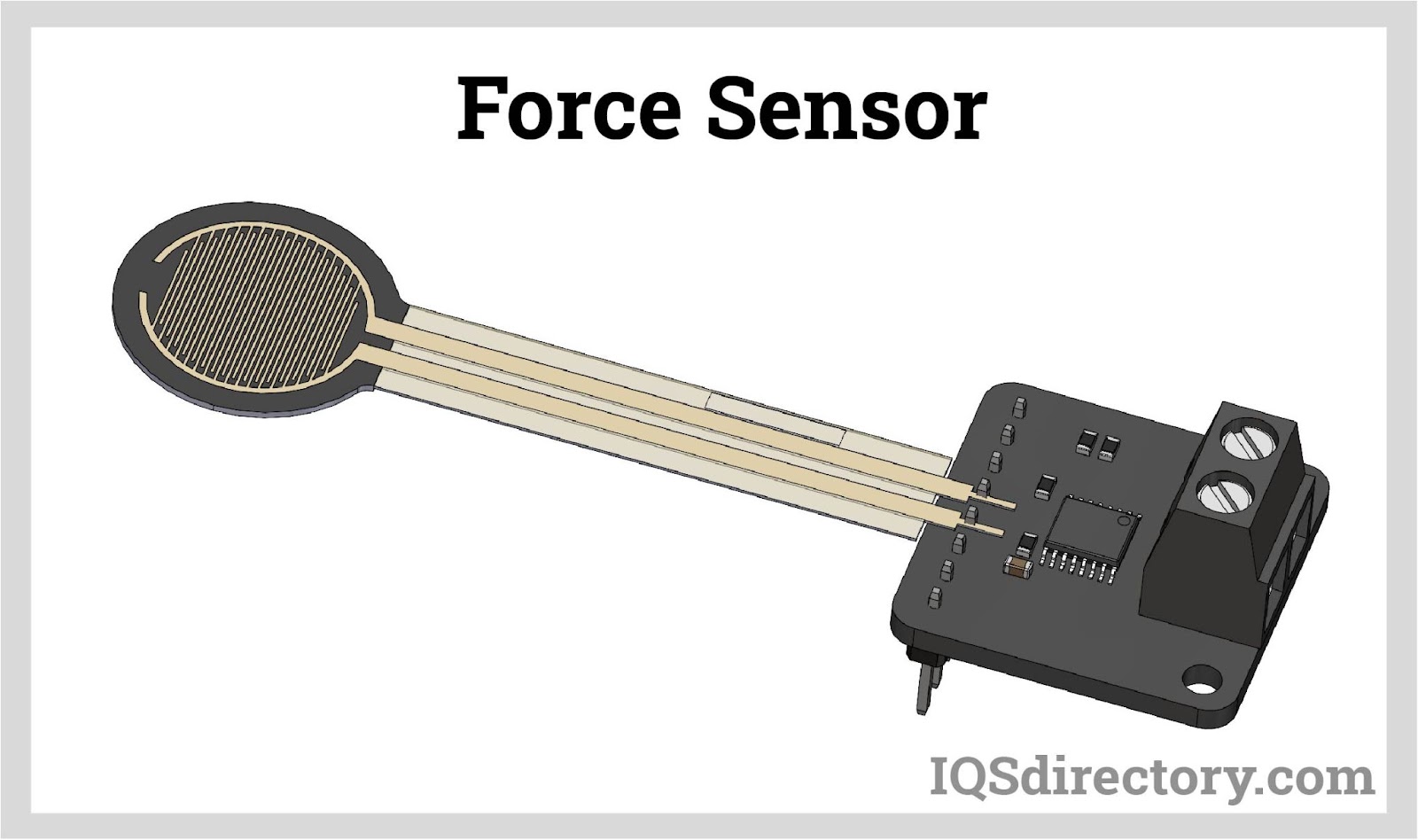
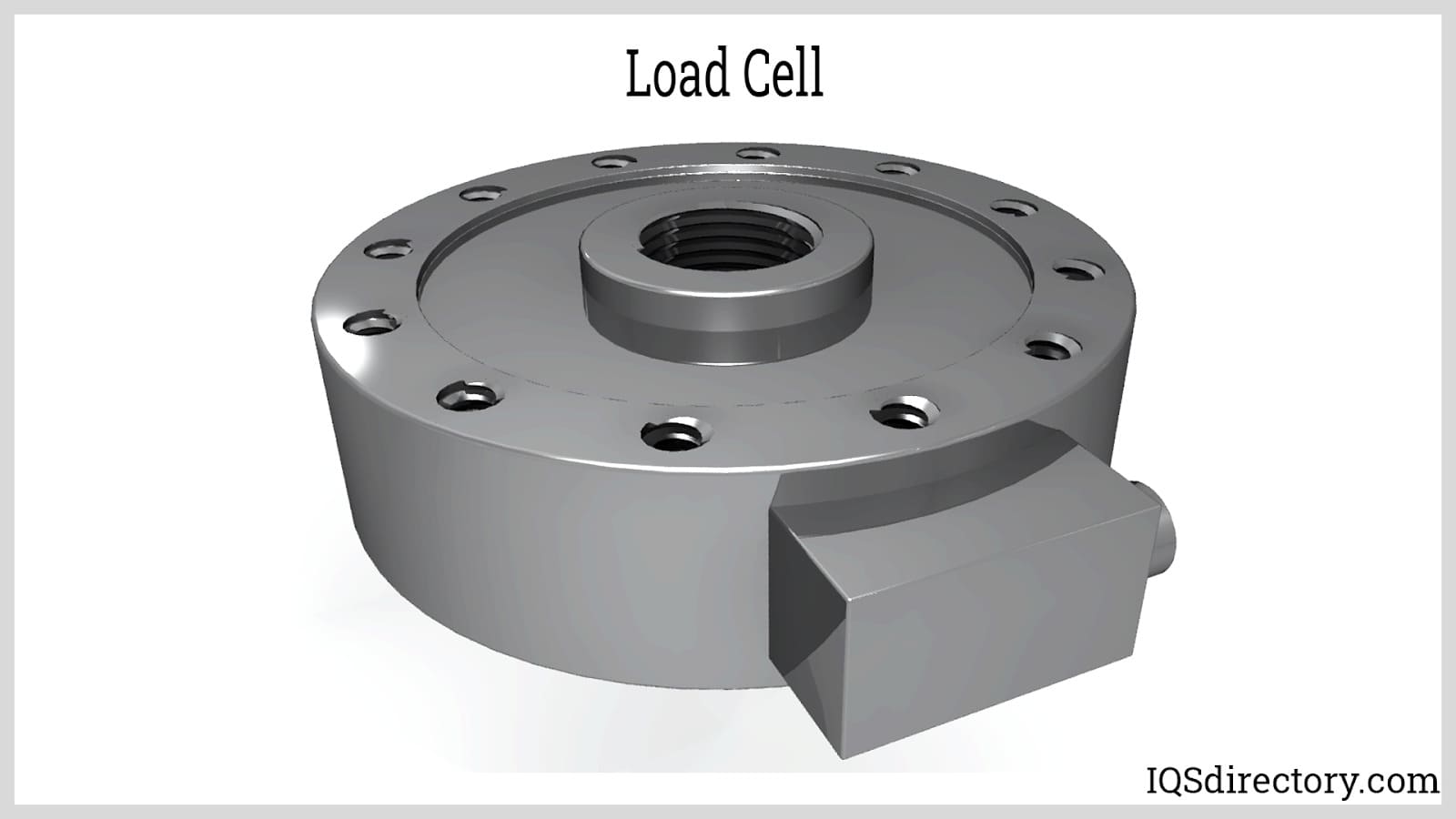
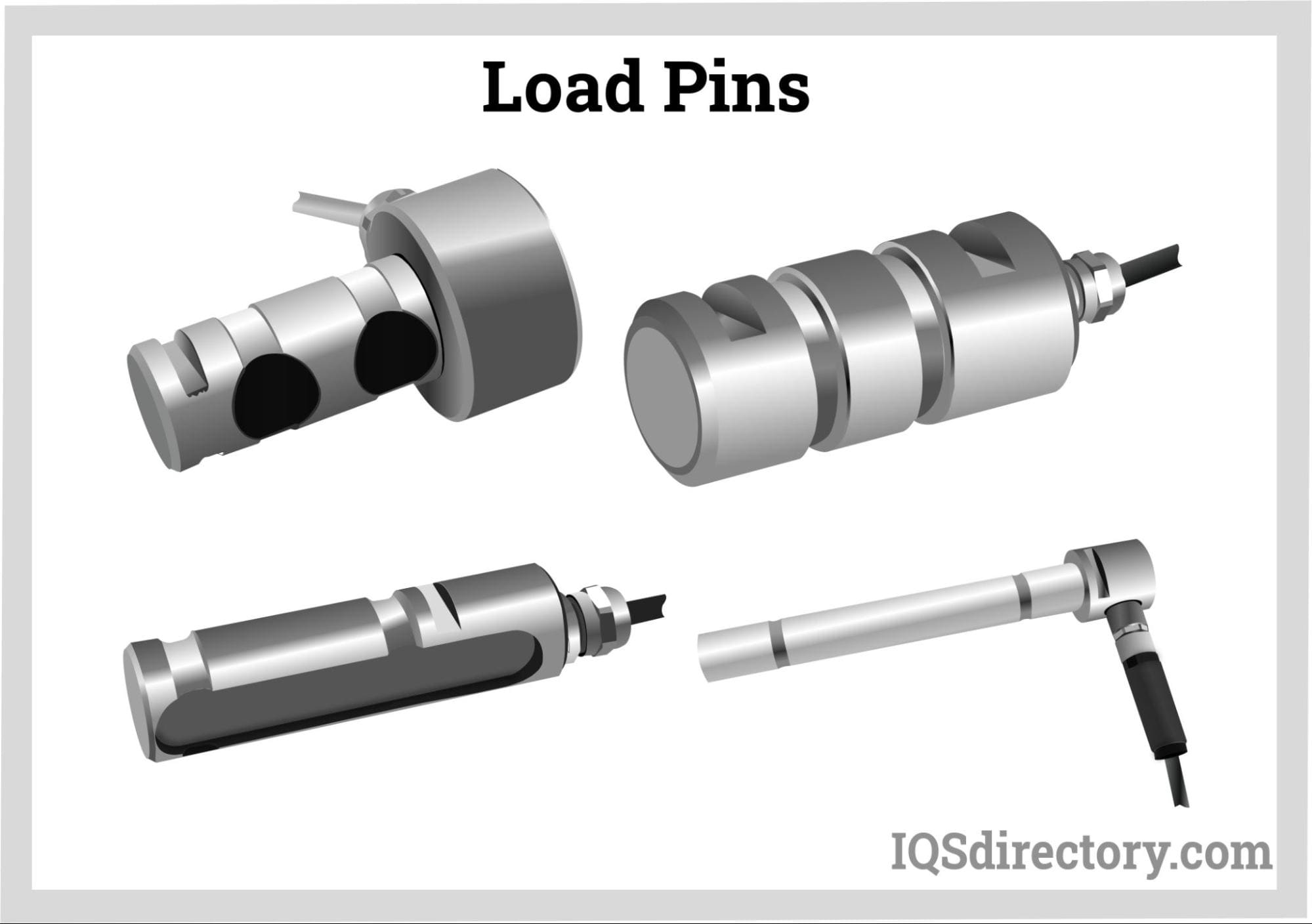
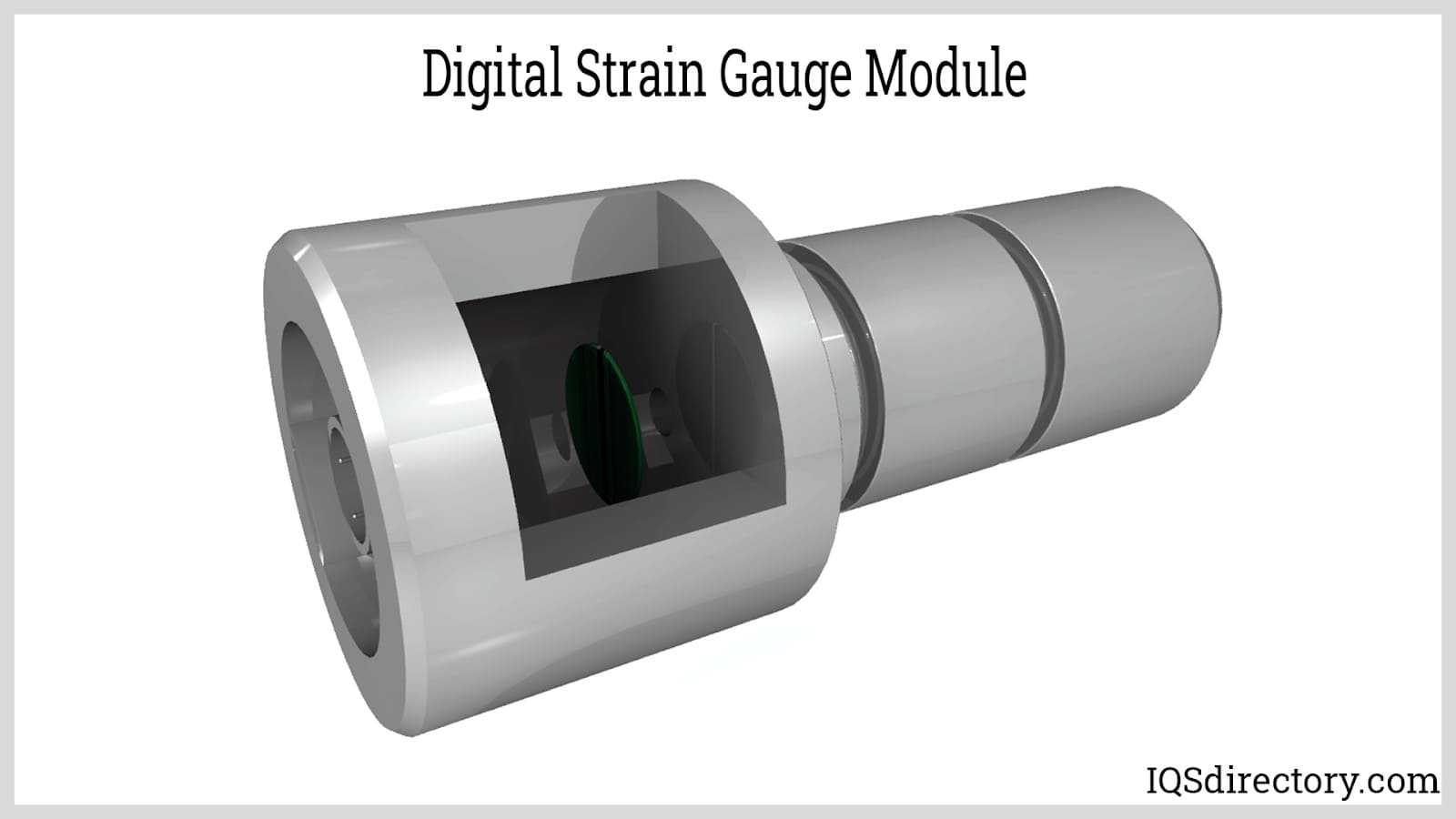
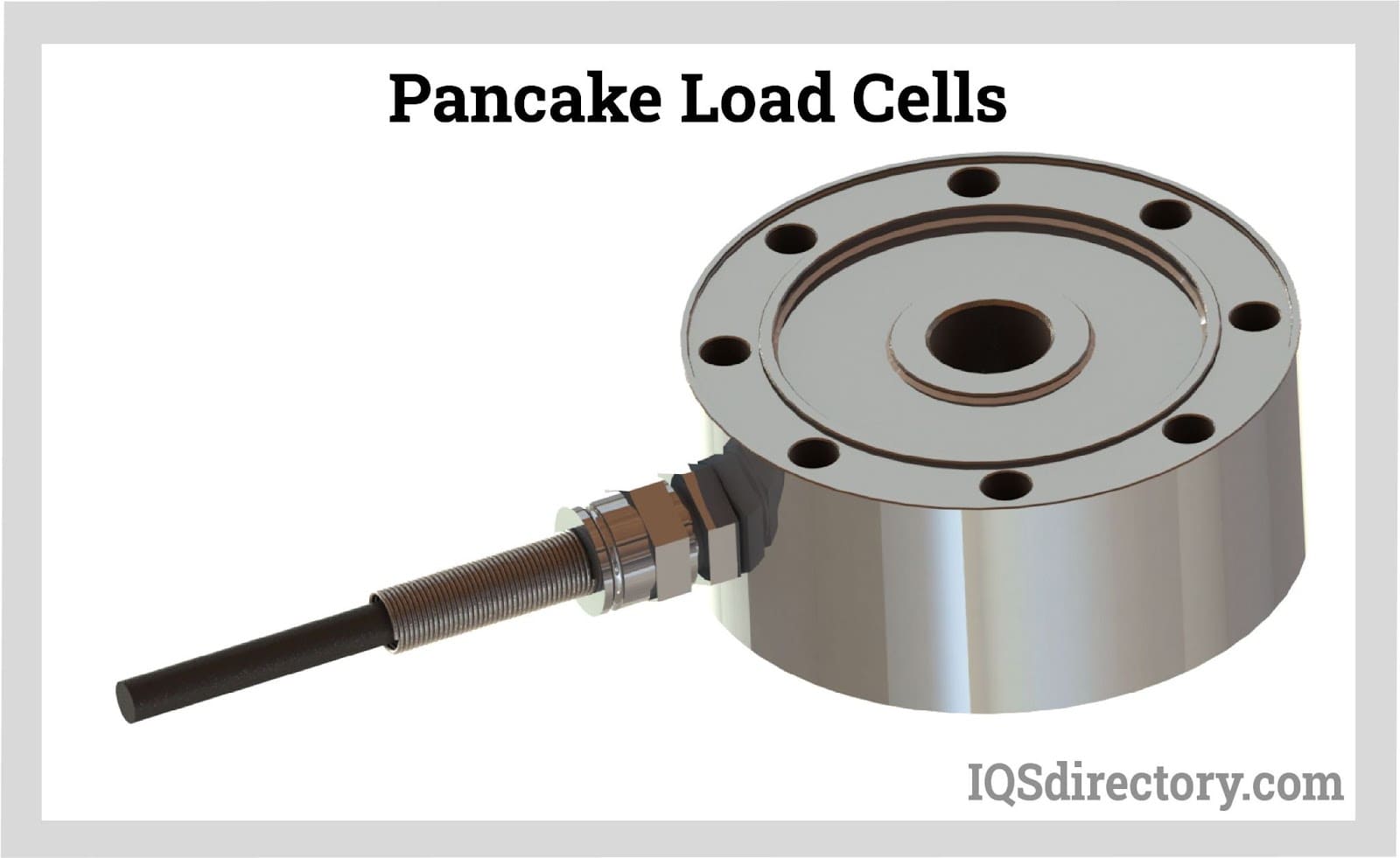
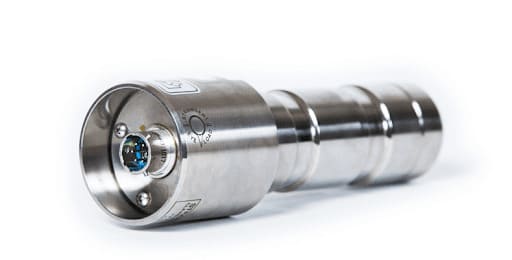
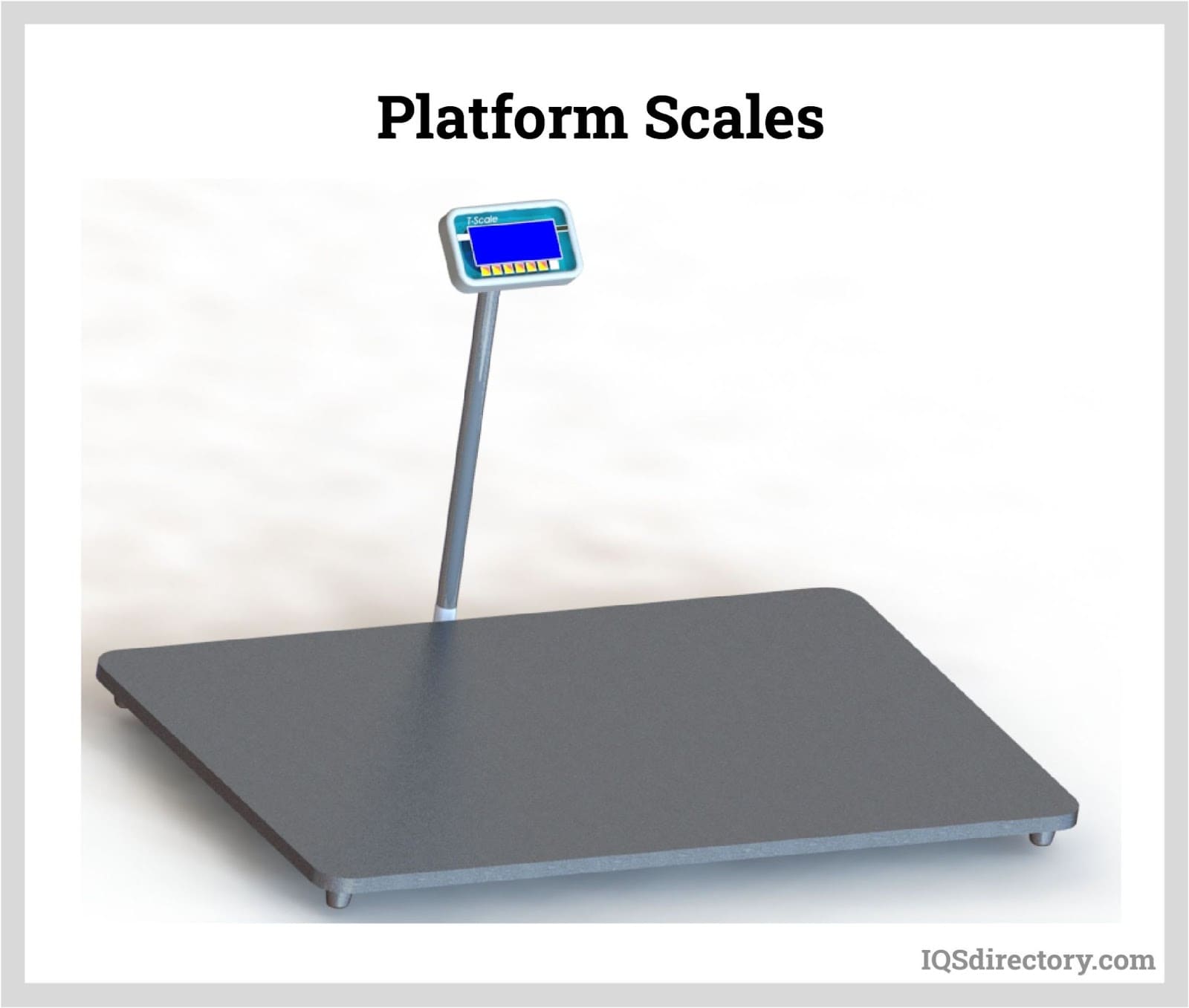
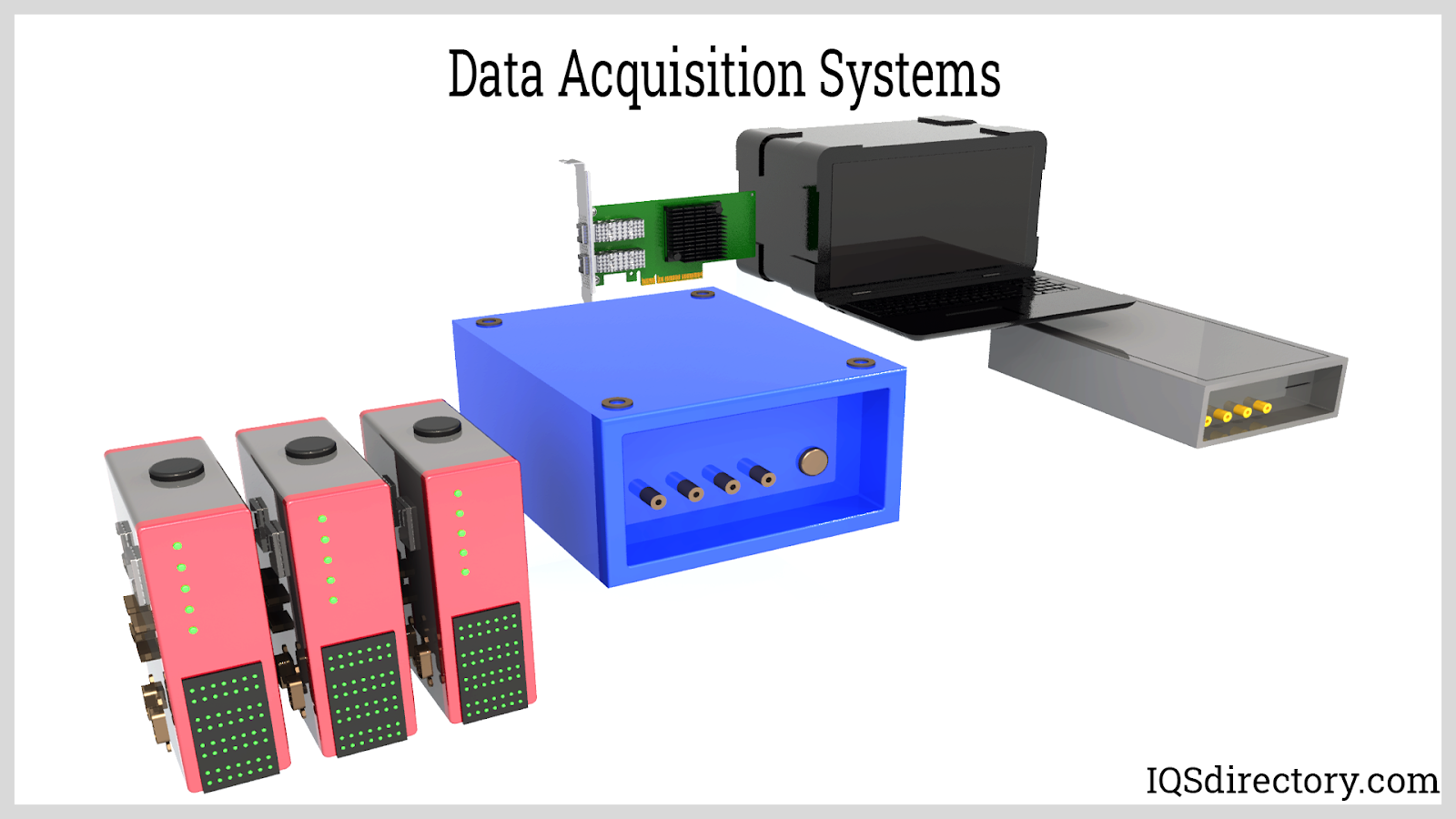
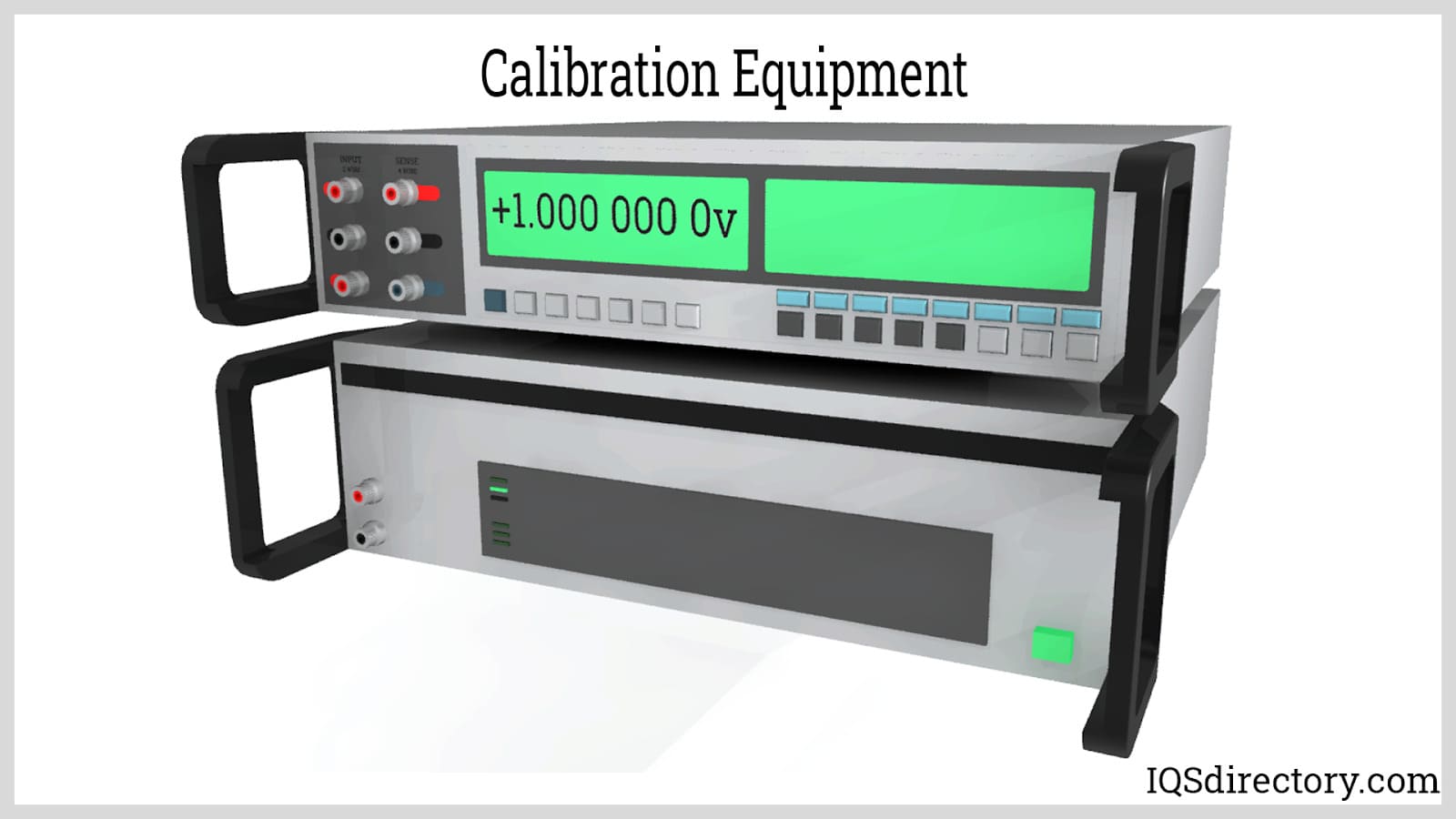
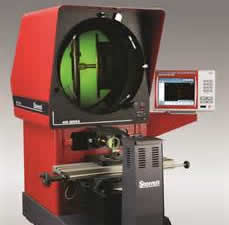 Calibration Services
Calibration Services Clean Rooms
Clean Rooms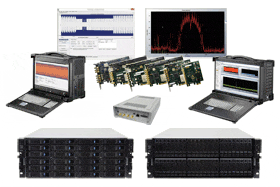 Data Acquisition Systems
Data Acquisition Systems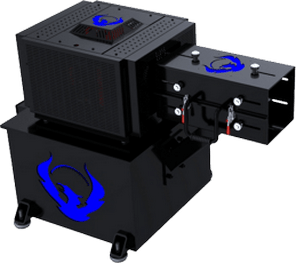 Dynamometers
Dynamometers Environmental Test Chamber
Environmental Test Chamber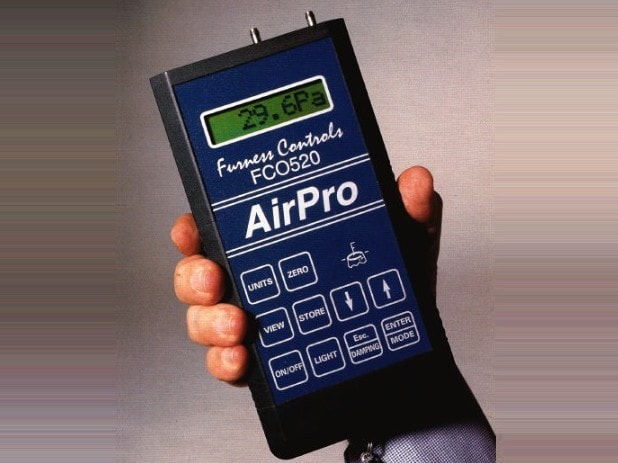 Leak Detectors
Leak Detectors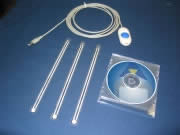 Load Cells
Load Cells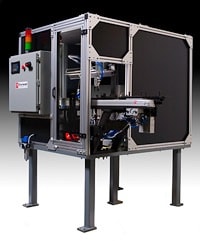 Machine Vision Systems
Machine Vision Systems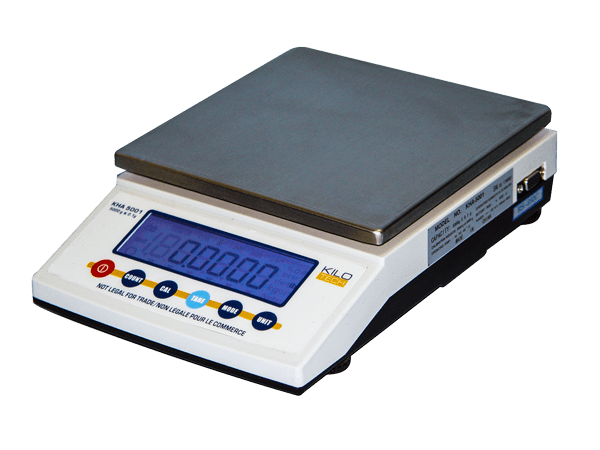 Scales
Scales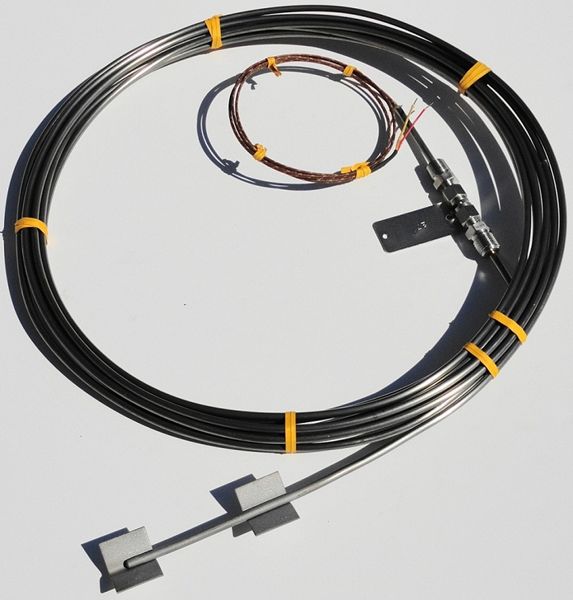 Thermocouples
Thermocouples Castings & Forgings
Castings & Forgings Bulk Material Handling
Bulk Material Handling Electrical & Electronic Components
Electrical & Electronic Components Flow Instrumentation
Flow Instrumentation Hardware
Hardware Material Handling Equipment
Material Handling Equipment Metal Cutting Services
Metal Cutting Services Metal Forming Services
Metal Forming Services Metal Suppliers
Metal Suppliers Motion Control Products
Motion Control Products Plant & Facility Equipment
Plant & Facility Equipment Plant & Facility Supplies
Plant & Facility Supplies Plastic Molding Processes
Plastic Molding Processes Pumps & Valves
Pumps & Valves Recycling Equipment
Recycling Equipment Rubber Products & Services
Rubber Products & Services